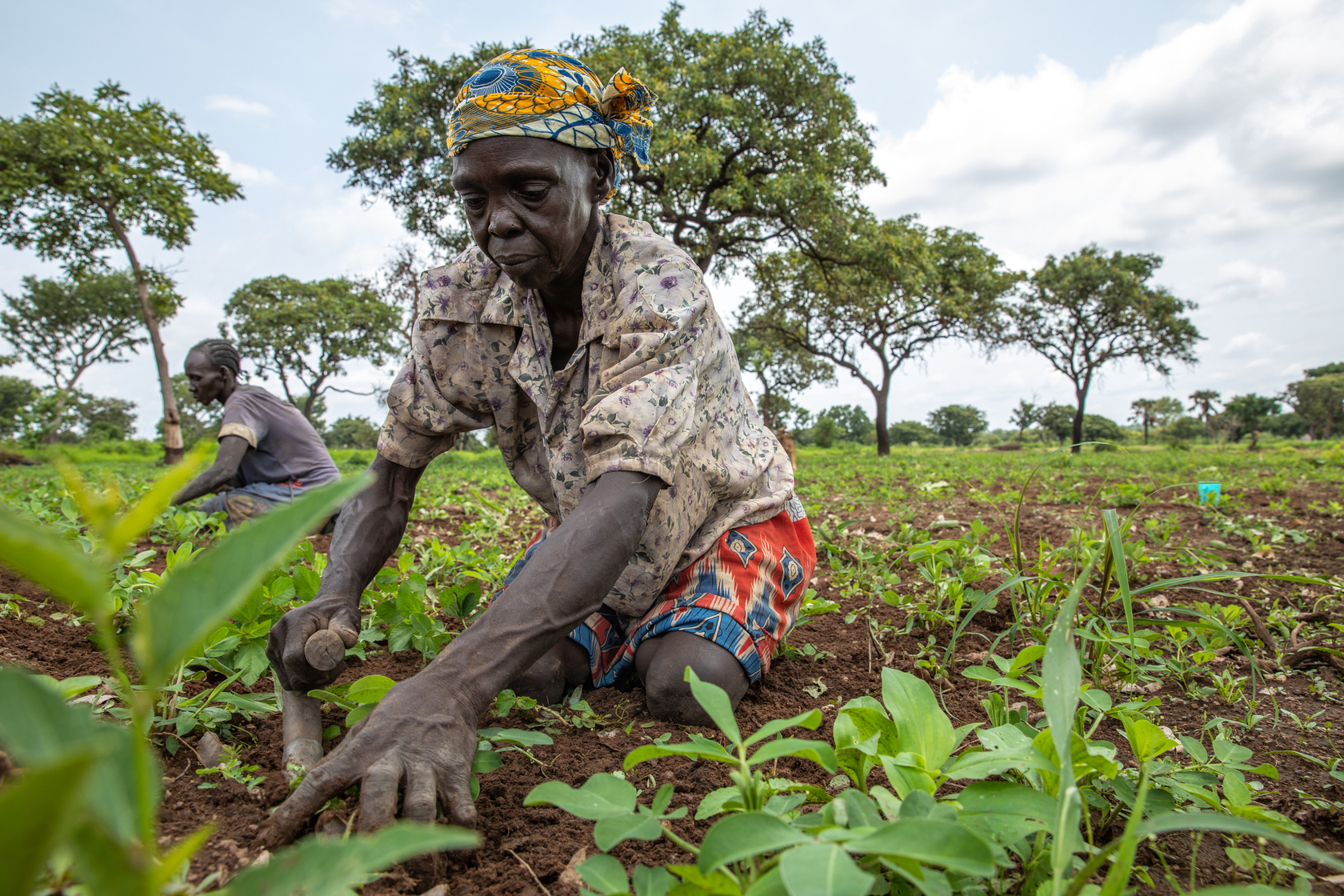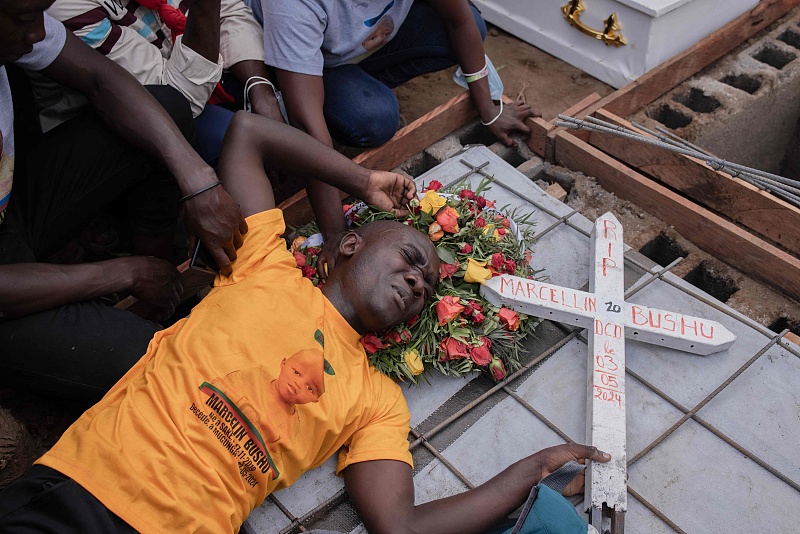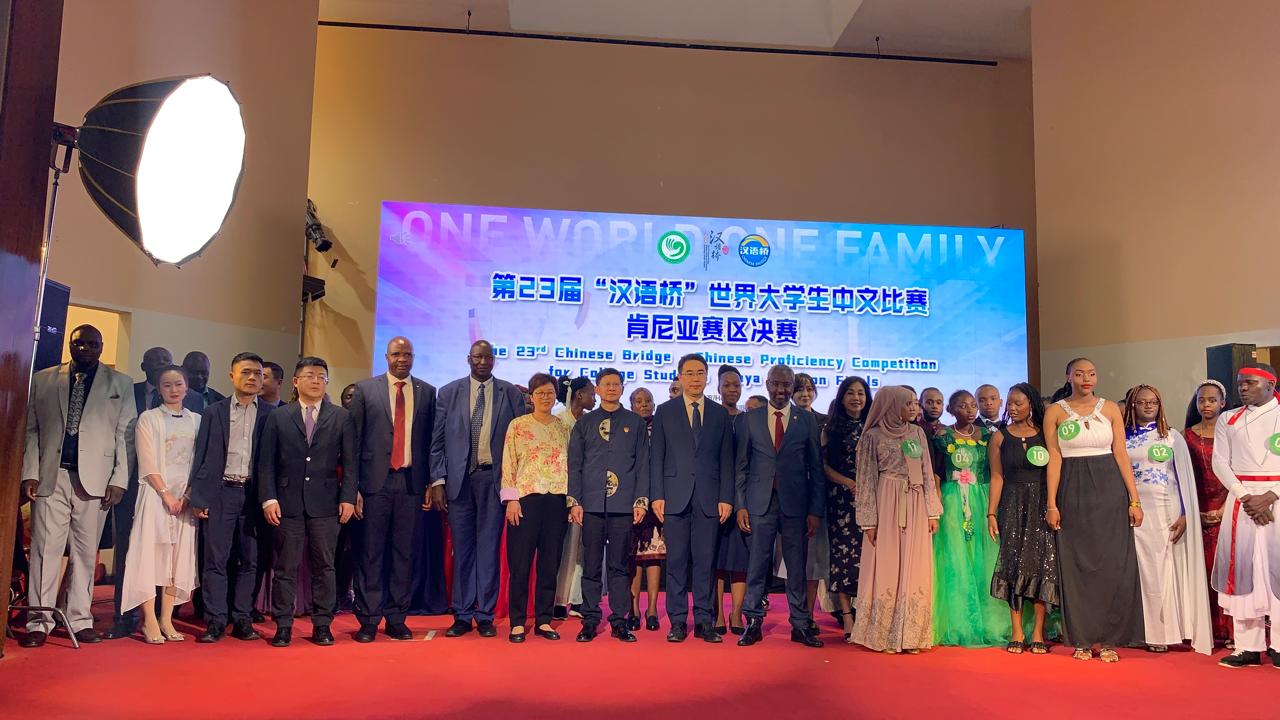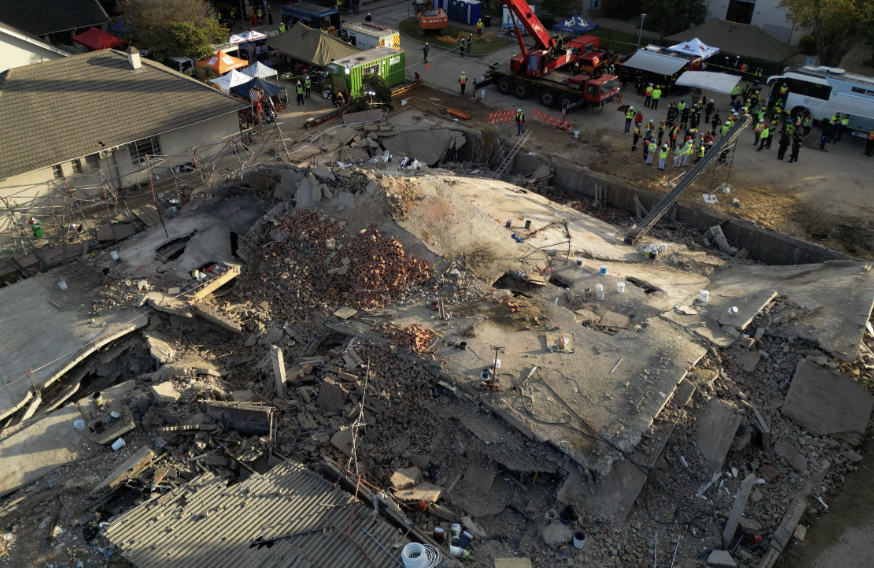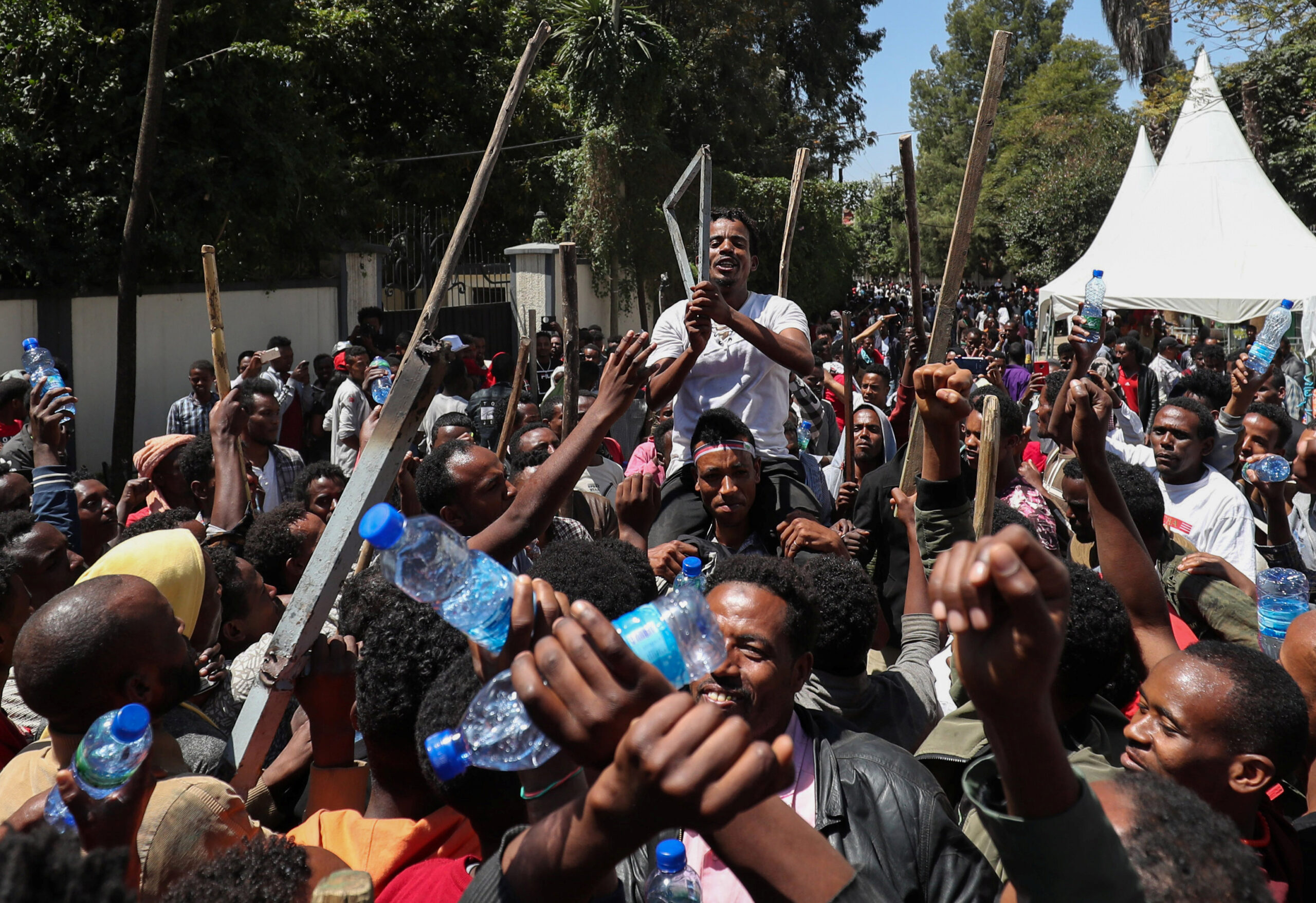
Wartime sexual violence a ‘psychological weapon’, sets back cause of peace
Sexual violence is used as a war tactic and a political tool to dehumanize, destabilize and forcibly displace populations across the globe, the UN’s expert on the issue told the Security Council on Friday, pressing countries to adopt a survivor-centred approach that ensures victims will not be forgotten.
“This is a crime that shreds the very fabric that binds communities together, leaving social cohesion and safety nets threadbare,” said Pramila Patten, Special Representative of the Secretary-General on Sexual Violence in Conflict.
Please read the full statement of @USGSRSGPatten here: https://t.co/t76BkRNIGS pic.twitter.com/GQ6mlA7GkG
— UN Against Sexual Violence in Conflict (@endrapeinwar) July 17, 2020
Updating the Council on the Secretary-General’s report, she said it documents almost 3,000 UN-verified cases committed over the course of a single year, the vast majority of them (89 per cent) targeting women and girls.
‘Countless’ stories shrouded in silence
“War does not speak with just one voice”, she cautioned, pointing to “countless” stories that are shrouded in silence and left off the historical record. Diverse life experiences must inform policy, operational and funding decisions. “If these decisions are not gender-based in their design, they will be gender-biased and exclusionary in their effect,” she assured.
Jolie spotlights child survivors
Angelina Jolie, Special Envoy to the United Nations High Commissioner for Refugees, on Sexual violence in conflict, broadly agreed. “Entrenched discrimination in society and the gendered impact of sexual violence demands that actions are taken for survivors.”

She acknowledged that resolution 2467 (2019) was the first to place survivors and their needs at the centre of all action. But words are promises.
“What counts, is if those promises are kept”, she said. Having met child survivors everywhere, she said there is no country, rich or poor, that should not take a hard look at its own laws, agencies, immediate reporting, treatment of survivors and social attitudes.
She drew particular attention to the plight of Yazidi women and children in Iraq, who were abducted, enslaved and tortured by the thousands by ISIL terrorists in 2014.
Many children were murdered. Nearly 2,000 returned and now suffer from post-traumatic stress. Many had witnessed the murder of their relatives and the rape of their mothers.
Yet, there are “very few” services available for Yazidi child survivors and children born of rape, she said. According to a new Amnesty International report, psychosocial services for Yazidi children fall “far short” of meeting their long-term specialist needs.
Chronic under-funding
Sexual and gender-based violence is the most chronically under-funded sector of United Nations humanitarian appeals and receives less than 1 per cent of humanitarian assistance. “Think of how many lives could be saved if we simply doubled that percentage.”
She described today’s world as one where child survivors live with stigma, gaslighting and fear of retaliation at the hands of powerful perpetrators.
More often than not, including in Syria and Myanmar, not a single perpetrator of alleged systematic conflict-related sexual violence has been held to account.
(With input from the United Nations)


